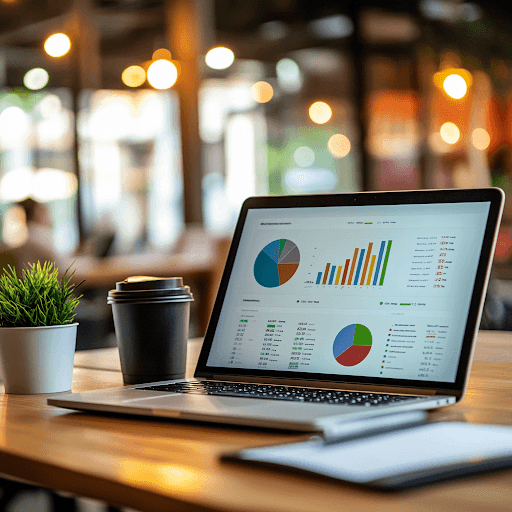The content and set-up of every event are unique. This could be one reason why so many organisations find it challenging to understand the relevance of events in their business. There can be a distinctive goal and purpose behind every event, yet sometimes the actual follow-up of these goals and purposes is left out, thus leaving the costs as the only concrete outcome.
Do you know what your event budget gives you in return?
In order to recognise which part an event plays in a business, it’s important to profile and categorise each event type.
1. Flagship events
The name flagship event is pretty self-explanatory, you’ll probably agree. Flagship events play a significant role in an organisation’s strategic plan and therefore their resources are also bigger. Flagship events usually aim to grow the marketing community and reinforce the brand.
2. Inbound events
Inbound events are part of content marketing. They’re usually organised to support sales processes and aim to engage customers and create new sales discussions. In marketing jargon, we would call this building a strong funnel. When you consider inbound events and their content, think about where in the customer journey you would position them: top of the funnel, middle of the funnel, or bottom of the funnel. Inbound events work as a content and that’s the source to their name as well. If you wish to learn more about how you can apply the principles of content marketing in your events, have a read here.
3. Account-based events
This category entails all the customer events that are aimed at the existing customers or customers in the sales process. These events aim for customer engagement and additional sales. The key account managers usually play an important part in organising and planning the event content.
4. Trade fairs and partner events
Trade fairs and partner events are a usual event type, where an organisation takes part in the event as a partner but isn’t responsible for the actual event set-up, invitation process, or follow-up.
5. Internal events and training sessions
Internal events and training sessions are there to engage, educate, and communicate with the employees in an organisation. These events can vary from sales courses to Christmas parties.
Know your event
By categorising your events according to different event types, you’ll have a more clear picture of your events as a whole. What’s the role of the events in your business? What are their goals and purposes, what do you want to achieve?
Categorising also helps you understand the strategic role of your events and how to allocate costs: which event type takes the biggest bite of your budget? Is the budget aligned with the goals of your event types? Which type would need a bigger part of the budget?
Find out more about categorising, conceptualising, and setting event goals in our Event Marketing Playbook. In this 30-pager, you’ll find tools for both strategic event planning and practical marketing.









